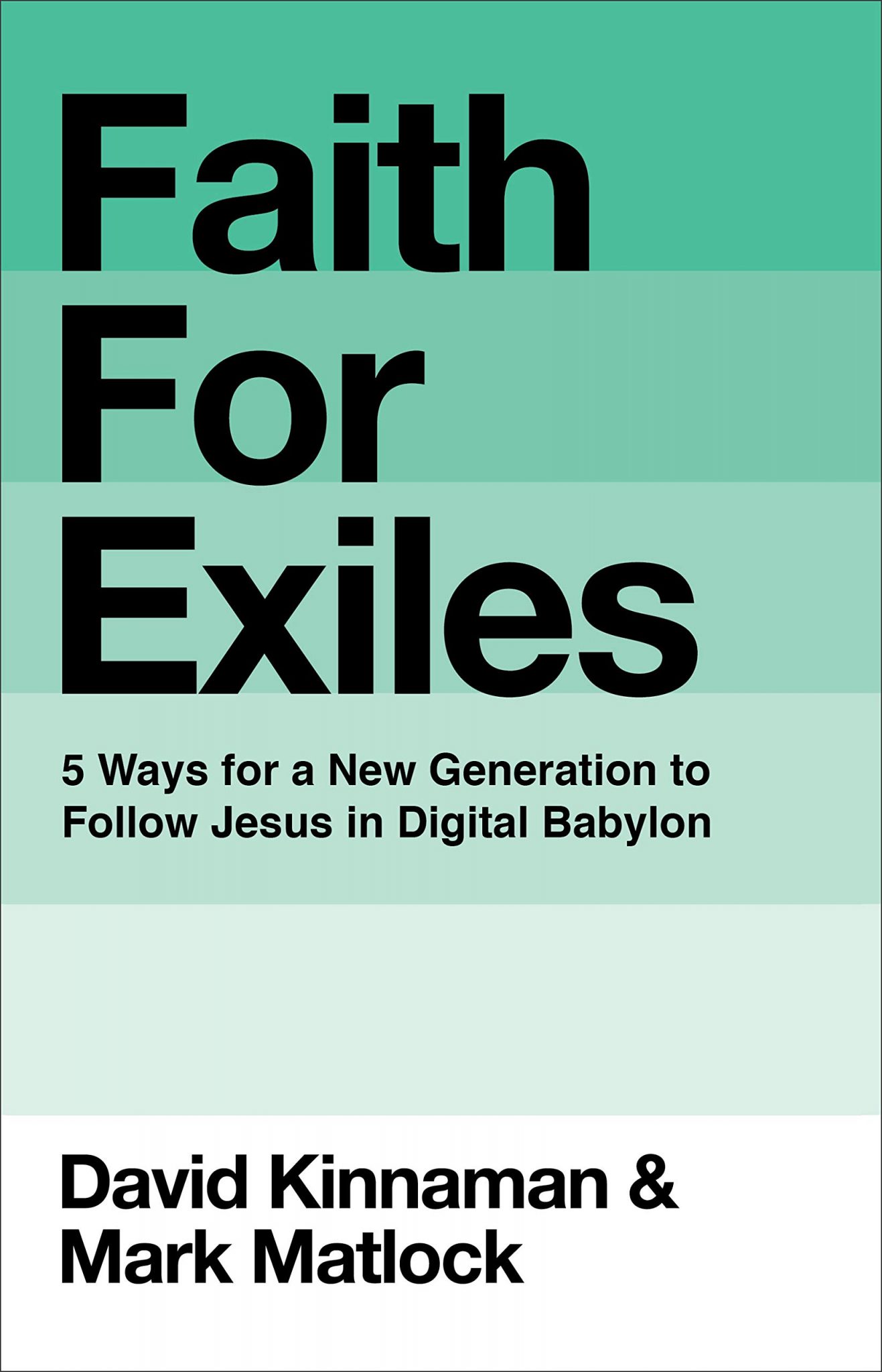Stacia Datskovska wants to leave her church. The 15-year-old from Northern Virginia finds it cold, alienating, and—worst of all—too traditional. She has ideas for reform, summarized in the title of her recent USA Today opinion piece: “Churches could win back teens like me if they were more welcoming and less judgmental.”
Her story isn’t an anomaly; it’s the norm. According to a study from LifeWay Research, 66 percent of American young adults who attended a Protestant church regularly for at least a year as a teenager say they also dropped out for at least a year between the ages of 18 and 22.
These statistics are staggering and heartbreaking. In their wake, churches are asking, “What did we do wrong?” There is wisdom and humility in asking this question, and I’m thankful we do. But what about what went right? What about the other 33 percent, the teens who stay? What if we examined their lives and asked, “What did work?” Perhaps then parents and pastors could lead with less fear and more faith, optimism, and hope.
That’s why it’s a joy to commend David Kinnaman and Mark Matlock’s new book, Faith for Exiles: 5 Ways for a New Generation to Follow Jesus in Digital Babylon. These authors (experienced researchers and concerned parents themselves) studied more than 1,000 young adults who remained in their faith throughout high school and beyond. They found these “resilient disciples” all shared a few significant traits. This book unpacks those traits, five practical strategies for modern discipleship to provide parents, pastors, and youth workers with an optimistic yet realistic look at the resilient disciples of my generation—and how we can make more of them.

Faith for Exiles: 5 Ways for a New Generation to Follow Jesus in Digital Babylon
David Kinnaman and Mark Matlock
Faith for Exiles: 5 Ways for a New Generation to Follow Jesus in Digital Babylon
David Kinnaman and Mark Matlock
Negative perceptions. Church dropouts. Prodigals and nomads. It’s easy to get discouraged by all that’s going wrong when it comes to Christianity and the emerging generation. Yet what’s going right? In fact, signs of hope are springing up all around. In Faith for Exiles, the author of unChristian and You Lost Me unveils major new Barna research that uncovers what’s working—five practices that contribute to resilience. Enter the world of resilient young adult Christians and learn how they are sustaining faith. Finally, you can find hope in all that God is doing among young disciples today.
Living in Digital Babylon
The bottom line is that teens today must be discipled differently than they’ve been in the past. We live in a post-Christian, digital age and, as Kinnaman and Matlock point out: “We are the first generation of humans who cannot rely on the earned wisdom of previous generations to help us live with these rapid technological changes” (25). And so the people at Barna “have adopted a phrase to describe our accelerated, complex culture that is marked by phenomenal access, profound alienation, and a crisis of authority: digital Babylon” (19).
Discipling teens means understanding the culture we inhabit and training them to handle its particular challenges and crises. Here are Kinnaman and Matlock’s five ways for a new generation to follow Jesus:
1. ‘To form a resilient identity, experience intimacy with Jesus.’
Generation Z is going through an identity crisis, and we’re looking for answers. Culture tells us to look within, to find hope in expressive individualism. What we need instead is Jesus—but not the Jesus “brand experience” so many churches offer today. My generation needs “a transformational experience to find their identity in the person and work of Jesus” (50).
2. ‘In a complex and anxious age, develop the muscles of cultural discernment.’
We live in the age of information, where many teens are discipled by the internet. It’s of utmost importance that we get Generation Z involved in “a robust learning community under the authority of the Bible in order to wisely navigate an accelerated, complex culture” (69).
3. ‘When isolation and mistrust are the norms, forge meaningful, intergenerational relationships.’
Amid church scandals and an increasingly individualized culture, many teens view the church with skepticism. This is a critical time for churches to build relationships with my generation, to be vulnerable, to pay attention to emotions, to help young people identify faith champions, and to realize the crucial role of mentors.
As Kinnaman and Matlock explain, “Disparate life experiences lead generations to dismiss and devalue another. But the church must be the place we give no quarter to that destructive thinking. We need one another to get on with our mission” (184).
4. ‘To ground and motivate an ambitious generation, train for vocational discipleship.’
Teaching our kids theology is important. But so is teaching them how that theology works out in their lives and futures. As Generation Z enters the workforce, Kinnaman and Matolock believe churches have a key responsibility in providing vocational discipleship, which they define as “knowing and living God’s calling, especially in the arena of work, and right-sizing our ambitions to God’s purposes” (143).
5. ‘Curb entitlement and self-centered tendencies by engaging in countercultural mission.’
From toddler to teen, the world preaches self-worship to our kids—not that their naturally sinful hearts need much encouragement. But we need to encourage our kids to pursue selflessness instead, as they rebel against society’s norms and find joy in Jesus’s mission, which is exactly what the resilient disciples of Generation Z are doing.
Hope for the World
In an age when many parents are fretting and fearful about what not to do, this book is a welcome resource that gives parents optimism and inspiration. In the course of writing this book, both Kinnaman and Matlock dropped off their oldest daughters at college, walking away with all the fears, insecurities, and worries of a parent. This only makes their research and words more personal and compelling.
I’d gladly recommend this book to parents. Be prepared to be challenged by the reality that discipleship is hard work. It’ll take time to communicate the gospel to your kids, engage their difficult questions, wrestle with their doubts, listen to their fears, and labor to understand their world.
As we all know, there is much cause for fear among my generation. But as Kinnaman and Matlock remind us, there is also much cause for hope. Even in a post-Christian world, there are resilient disciples. Jesus will hold these disciples in my generation fast, and we’ll follow wherever he leads. We’ll serve and love and lead his church. We’ll pass on our faith to the next generation.
As we rightly grieve peers who abandon the faith, may we not forget to rejoice in our faith, just as the apostle Paul did (2 Tim. 1:5–7; Col. 2:5).

































